Mozambique and Eswatini promise to boost cooperation
Are Kyiv and Moscow seeking support from Maputo?
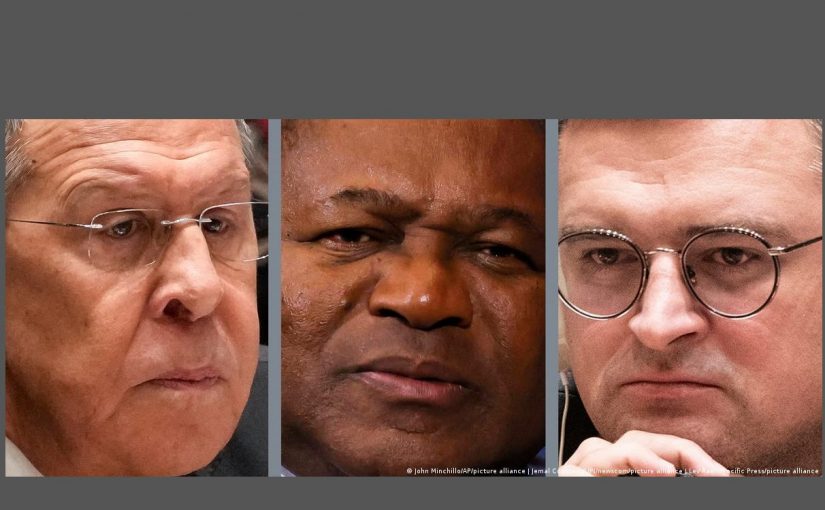
Image: DW
The Russian Foreign Minister, Sergei Lavrov, was in Maputo yesterday (31-05), where he had a meeting with Filipe Nyusi “in the context of strengthening bilateral relations”. He also addressed the conflict in Ukraine.
His visit comes after that of Ukrainian Minister of Foreign Affairs, Dmytro Kuleba, who last week concluded a tour of the continent, including Mozambique, during which he urged African countries to end their neutrality regarding the invasion of Ukraine.
Mozambique has assumed a position of neutrality, calling for dialogue to end the war from its position as a non-permanent member of the United Nations Security Council, a two-year term that began in January.
In an interview with DW, Paulo Wache, a professor at the Joaquim Chissano University in Maputo, argues that Mozambique is the scene of negotiations and even influences on the conflict in Ukraine.
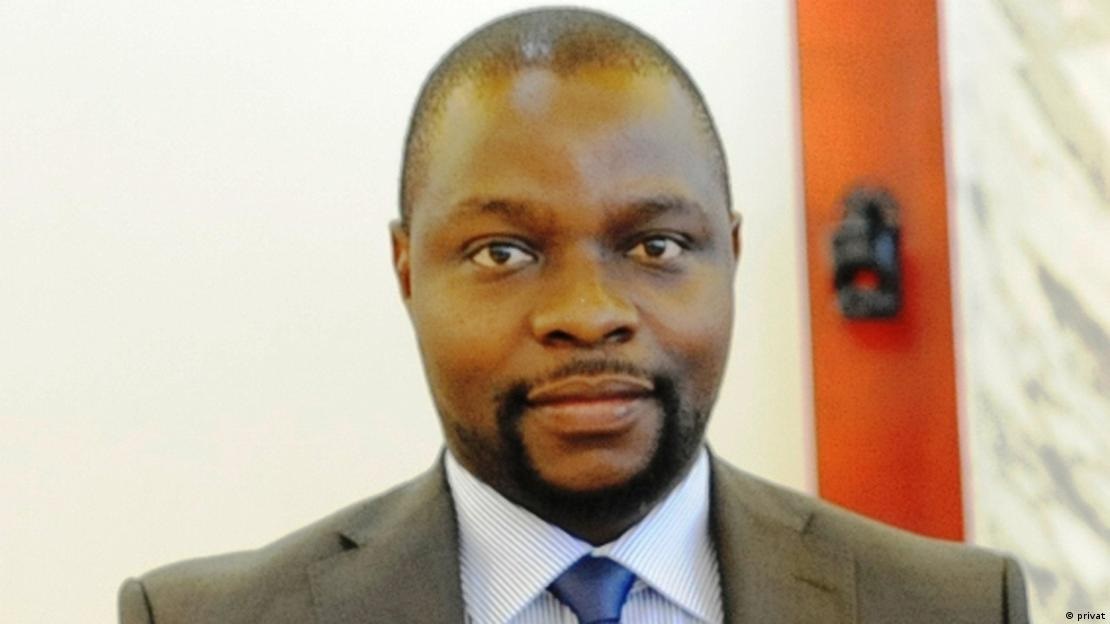
DW Africa: How do you characterize Mozambique’s foreign policy regarding the issue of the war between Russia and Ukraine?
Paulo Wache (PW): Mozambique, in its own construction, sees itself as a state that has to be pro-peace, and that does not have to get involved. It cannot align itself with any of the belligerent parties. And we saw, on Tuesday (23-05), the Minister of Foreign Affairs of Ukraine, Dmytro Kuleba, was here, and today (Wednesday 31-05) the Minister of Foreign Affairs of Russia, Sergei Lavrov, is here.
DW Africa: This Mozambican stance of neutrality, so to speak, has been around for a long time.
PW: Since our independence, we see and feel ourselves Mozambicans in terms of orientation, as a country that should not meddle in military matters or within the alliances that may exist on the planet.
DW Africa: In the votes in the United Nations Security Council, Mozambique also assumed a neutral stance, as did most African countries…
PW: When there are votes, Mozambique places itself as neutral, because it cannot be on either side, but it belongs to part of the solution. Obviously, the small powers in the international system are not the makers of the solution, but at least they can influence it. And we are seeing that Mozambique and Maputo are becoming that stage for negotiations and even influence, because the country is on the Security Council [as a non-permanent member]. One day the foreign minister of Ukraine arrived and the next day the foreign minister of Russia arrived. It means that Mozambique has become, because of its neutrality, a valid interlocutor. If we were a country that had already chosen a side, we would have closed the door to dialogue with the other party.
DW Africa: There are also historical ties between the former Soviet Union and Mozambique, right?
PW: Russia has been a friendly country for a long time, but Ukraine is still one. We also know that Ukraine was a country of the Soviet Union. So there is no possibility here for Mozambique to say that it prefers Russia over Ukraine, because, somehow, the historical path of the liberation of Mozambique had great support from socialist countries and, at that time, Ukraine was also a socialist country. I don’t see major dilemmas here in terms of what happened in Mozambique. I see coherence, I see precision and continuity.
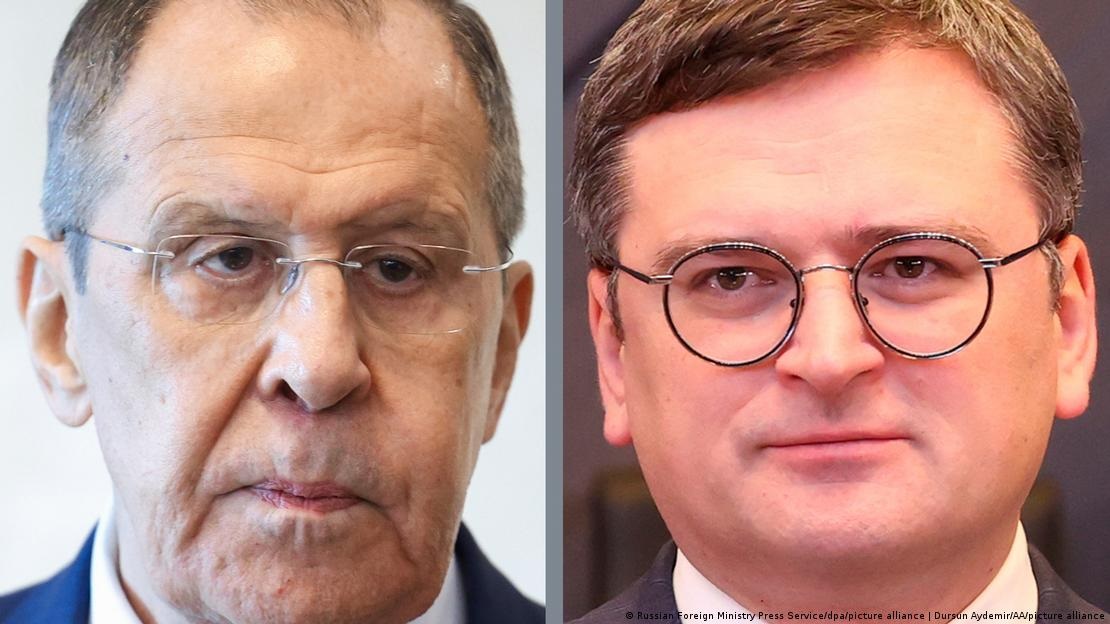
DW Africa: Could Mozambique, which is currently a non-permanent member of the UN Security Council, play a mediation role in a future African conflict mediation mission?
PW: The solutions are being designed with the proposal that South Africa presented in partnership with seven other countries, excluding Mozambique. But Mozambique has a privileged stage at the United Nations. Obviously the country has a space to expose its ideas, its experiences, and some of them can be studied and implemented.
DW Africa: And is there any kind of pressure from the ‘so-called’ donor countries for Mozambique to support the position of Western countries?
PW: There can be pressure on all sides. Mozambique has to be clear about its agenda, its Constitution and its profile. All you must do is conduct some explanatory diplomacy. Mozambique has to explain itself to its partners, because it cannot be pro-Russia or pro-Ukraine from a military point of view, but it can have options, such as preferring a proposal presented by one side and not presented by the other. But not necessarily taking a stand in favour of A or B. But taking a stand in favour of peace, in favour of ending the conflict.
Pressure, however, has always existed. It will exist and always creates discomfort and even places conditions in terms of external help. We know that Mozambique lives also with external aid to the budget and to the various headings of the functioning of the state. But Mozambique’s prestige and the coherence of Mozambique’s foreign policy do not pass through alignment, because it is a profile that has lasted 40 years.


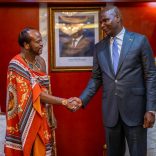

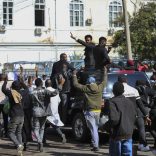
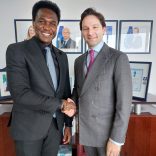

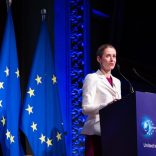





Leave a Reply
Be the First to Comment!
You must be logged in to post a comment.
You must be logged in to post a comment.